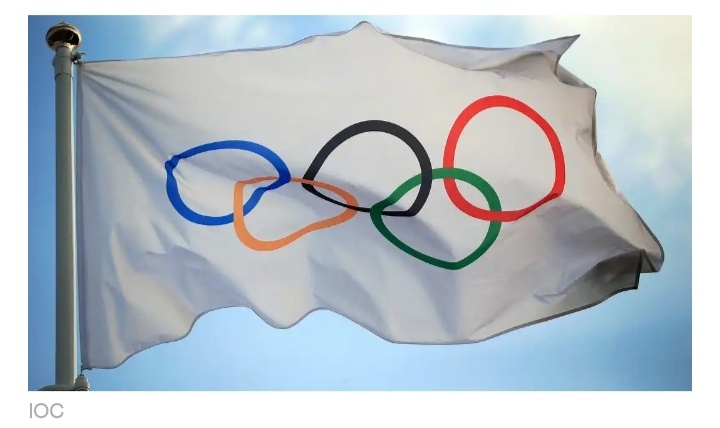Tokyo 2020 will be the most gender-balanced Olympic Games till now. More than a century after women first competed at the Olympic Games, female athlete numbers will finally be bordering at parity with those of the men at Tokyo 2020.
“There will be a ground-breaking competition schedule, ensuring equal visibility between women’s and men’s events and featuring nine more mixed events than at RIO 2016, raising the overall number to 18,” Times Now quoted the International Olympic Committee report (IOC).
The IOC has also made it mandatory for the 206 National Olympic Committees (NOCs) competing in the Olympics to have a female and male athlete each in their respective teams. The IOC Refugee Olympic Team is also encouraged to have their flag carried by one female and male athlete at the Opening Ceremony.
The IOC said that the 206 competing nations should have at least one female and one male athlete in their respective teams.
Originally scheduled to be held from July 24 to August 8, 2020, the Tokyo Olympics was postponed in March last year due to the Covid-19 pandemic.
Additionally, at least 40.5 per cent of the athletes competing in the Tokyo Paralympics, which will be held from August 24 to September 5 this year, will be women.
“At the Opening Ceremony, all the competing National Paralympic Committees will also be encouraged to have their flag carried by one female and one male athlete,” said the IOC.
Following the appointment of its new president, Hashimoto Seiko, the Tokyo 2020 Organising Committee has increased the size of its executive board, bringing the percentage of women to 42 per cent.
DON'T MISS
“Tokyo 2020 upholds ‘Unity in Diversity’ as an important concept of the Tokyo 2020 Olympic and Paralympic Games. It has been making various efforts for this purpose together with the IOC, IPC, TMG and the Government of Japan. Currently, the Gender Equality Promotion Team is actively working to put together possible further action, including proposals for leaving a lasting legacy after the Games. We resolve to make the Tokyo 2020 Games considered as a turning point in history when looking back many years later,” said Tokyo 2020 President Hashimoto Seiko.
“Participation of both women and men in all fields, and the active participation of women will lead to the creation of a prosperous, vibrant and sustainable society and the realisation of a society in which everyone can live comfortably,” said Marukawa Tamayo, Minister for the Tokyo Olympic and Paralympic Games, Minister in charge of Women’s Empowerment and Minister of State for Gender Equality. “To re-acknowledge the importance of unity in diversity throughout the world and to make the Tokyo Games an opportunity to develop a harmonious and inclusive society, the Government of Japan, together with the IOC, IPC, TMG and the Tokyo Organising Committee for the Olympic and Paralympic Games, will pledge to make the Tokyo Games the all-time best in terms of gender equality; promote gender equality in the field of sport; and support women affected largely by the pandemic.”
Koike Yuriko, the Governor of Tokyo, said: “The Tokyo 2020 Games uphold ‘Unity in Diversity’ as one of the primary concepts. The TMG has also been engaging in fostering the public’s awareness towards human rights by enacting the ‘Ordinance aiming for realisation of the concept of respect for human rights as stipulated in the Olympic Charter’. Furthermore, the promotion of women’s active participation in society is positioned as one of the vital tasks of the TMG, and we are determined to continue to work on various measures extensively. We would like to make these Games an opportunity for the concepts of diversity and respect for human rights to take further root in society. We will make this a legacy and build a better future based on it. The TMG, together with the IOC, IPC, Japanese Government and Tokyo 2020 Organising Committee, will aim to realise Games with the concept of unity in diversity.”
